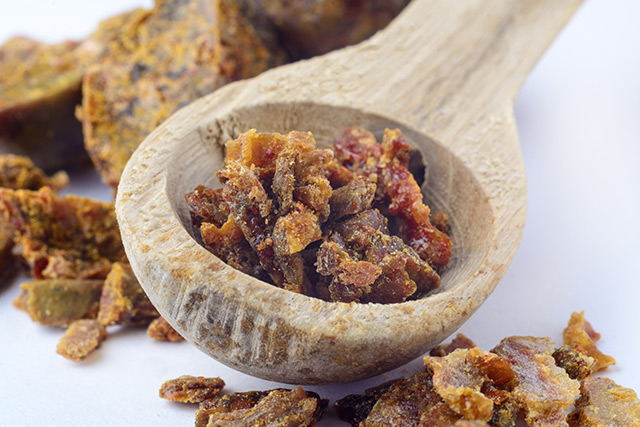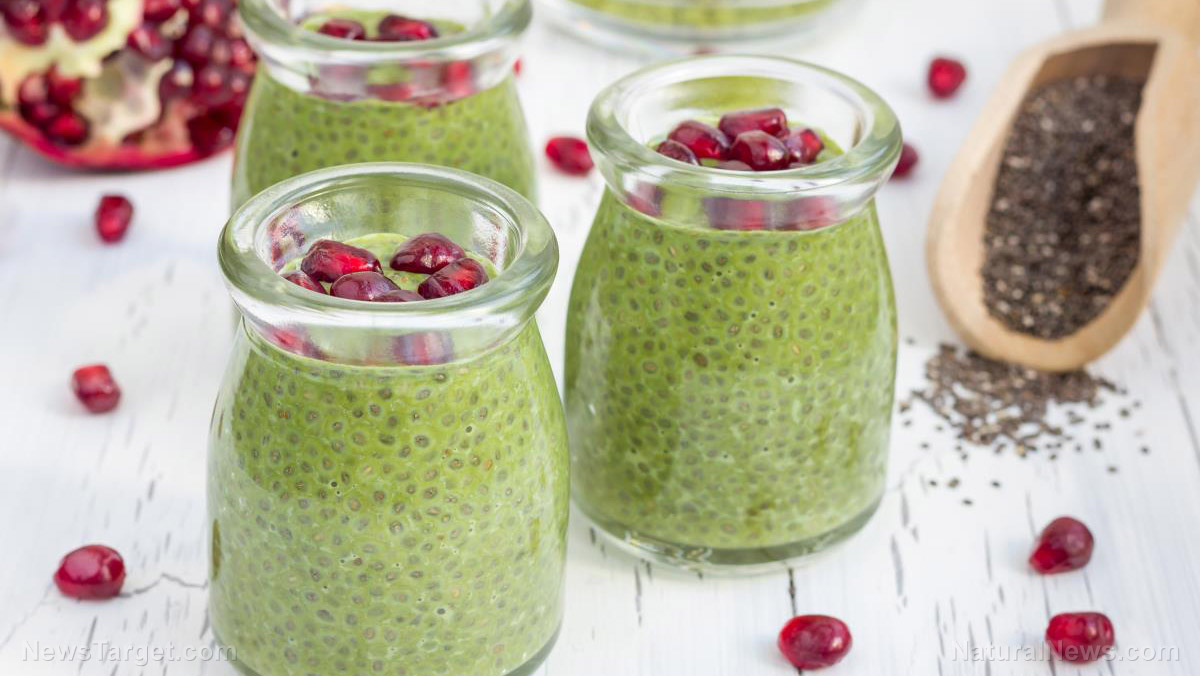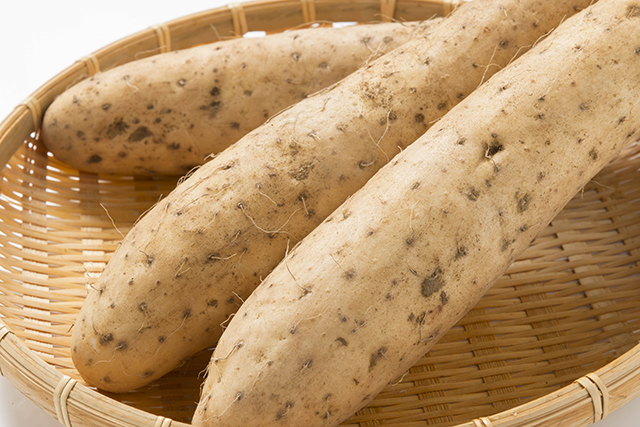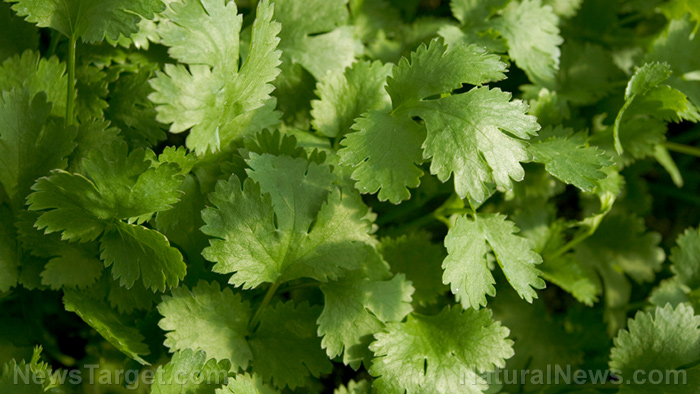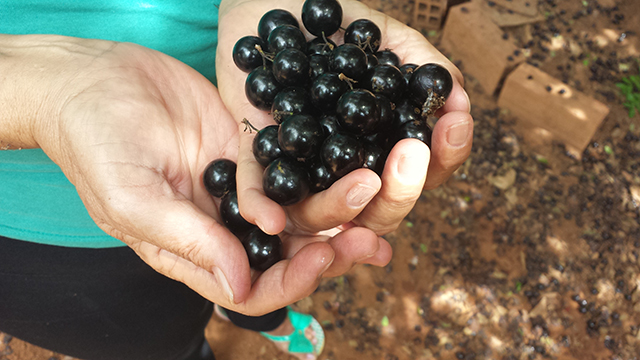Considering alfalfa concentrate as a nutrient-rich food additive
01/20/2018 / By Frances Bloomfield

A team of researchers has assessed the nutritional value of alfalfa concentrate, a byproduct acquired at the end of the production of the dietary supplement Alfalfa Complex. Based on their analyses of the results, the investigators have deemed alfalfa concentrate as both a viable and valuable source of nutrients.
- Classical and spectral methods were utilized in order to evaluate the chemical composition of alfalfa concentrate flour.
- Alfalfa concentrate flour was discovered to be an excellent source of protein and crude fiber, with a 100-gram serving being composed of 34.24 percent protein and 21.38 percent crude fiber.
- Essential mineral elements such as potassium, calcium, and magnesium were found, as was the important trace mineral zinc.
- Examination of the amino acid composition showed that alfalfa concentrate flour contained all necessary amino acids in high amounts.
- The researchers found alfalfa concentrate flour to have a sizable concentration of leucine, valine, and phenylalanine; however, alfalfa concentrate flour protein yielded a low amount of methionine and cysteine.
- They concluded that alfalfa concentrate flour was an invaluable source of minerals; specifically, a 100-gram serving would help meet the recommended daily intake (RDI) of iron calcium, and half of the RDI of potassium and magnesium.
- Moreover, they added that the inclusion of alfalfa concentrate flour in food products would boost their mineral, dietary fiber, amino acid, and protein content.
All in all, the study has demonstrated that adding alfalfa concentrate flour to foods can increase the intake of a wide array of crucial nutrients.
Full text of study at this link.
Apostol, L. Iorga S., Mosoiu C., Racovita R.C., Niculae, O.M., Vlasceanu, G. 2017. ALFALFA CONCENTRATE – A RICH SOURCE OF NUTRIENTS FOR USE IN FOOD PRODUCTS. Journal of International Scientific Publications, 2017; 5: 66-73.
Tagged Under: #nutrition, alfalfa, food, food additives
RECENT NEWS & ARTICLES
COPYRIGHT © 2017 FOOD SCIENCE NEWS








